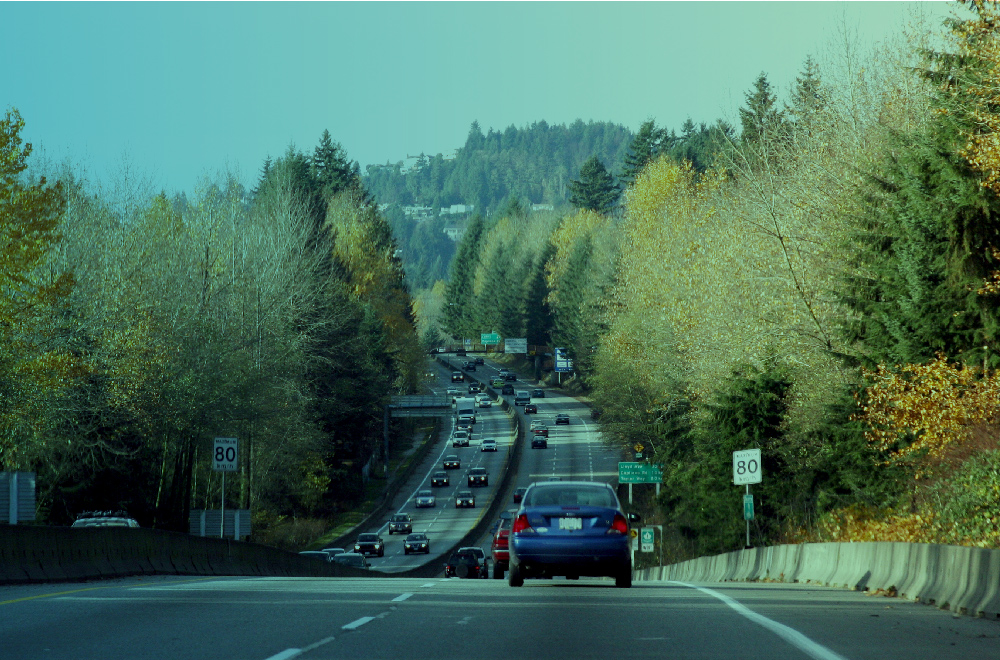
If you’ve suffered injuries in a car accident, the prospect of facing off against ICBC can be daunting and you may be tempted to accept a low settlement offer just to save yourself the time and expense of hiring a lawyer and going to court.
However, before you accept what you consider to be an unsatisfactory offer from ICBC, it is important to understand your options, and in particular, the changes that were made by the government to our dispute resolution system in BC during 2019, and subsequently. Most motor vehicle claims concerning accidents that occurred on or after April 1, 2019 and that involve “minor injuries” and losses up to $50,000 will no longer be heard in court; they will instead be heard by the Civil Resolutions Tribunal (known as the “CRT”). In theory, this means that you may now be able to resolve your dispute faster than going through the court system, and in some cases without the need for a lawyer.
When you may still need to go to court
Before considering how to make a claim in the CRT, you should first give some thought to whether or not your claim is appropriate for the CRT, or if it would be a better idea for you to file in court:
- If your accident occurred before April 1, 2019 and your claim is for between $5,001 and $35,000, you should not use the CRT and may instead initiate your claim in Provincial Court.
- If your accident occurred before April 1, 2019 and your claim is for more than $35,000, or if your accident occurred after April 1, 2019 and your claim is for more than $50,000, you should not use the CRT and may instead initiate your claim in the Supreme Court of British Columbia.
- If the CRT refuses to resolve your claim (e.g. if your claim is particularly complex), you may then take it to court.
What is the CRT?
The CRT is an online administrative tribunal that functions as an alternative to the courts. The tribunal members who make decisions on motor vehicle claims are lawyers with expertise in personal injury law. They are independent and neutral and have the authority to make enforceable decisions. For accidents that occurred on or after April 1, 2019, the CRT can make decisions regarding:
- entitlement to accident benefits (e.g. medical treatment);
- whether an injury constitutes a “minor injury” (for accidents that occurred between April 1, 2019 and March 31, 2020, pain and suffering damages for “minor injuries” are capped at $5,500; for accidents that occurred on or after April 1, 2020, the cap is $5,627); and
- liability and damages claims up to $50,000 (e.g. past/future wage loss and loss of property).
You may, if you wish, submit a claim to the CRT even for injuries related to an accident that took place before April 1, 2019, but if you do that, then the maximum you can claim in the CRT is $5,000, so in almost every case it would probably be a bad idea.
How does the CRT work?
While you are permitted to have a lawyer represent you for your CRT claim, using a lawyer is not required and seems to be discouraged by the process. In fact, the CRT system is designed to provide you with step-by-step guidance on how to navigate your own claim. There are three stages to the process:
- After you enter basic information about your claim on the CRT website, it will provide you with legal information and tools to enable you to negotiate online with ICBC.
- If you are not able to reach an agreement with ICBC, CRT staff will then try to facilitate a settlement between the parties.
- If all else fails, a tribunal member will then step in to make an enforceable decision based on the evidence.
Once you start the process everything can happen very quickly, so it makes sense to plan ahead and have all of the evidence on which you intend to rely before you commence a claim in the CRT.
What if I disagree with the CRT’s decision?
There isn’t much you can do about a decision with which you disagree, but if the CRT does come to a decision with which you disagree, you do have the option of applying to the Supreme Court for a judicial review.
Unlike an “appeal,” which for example is when a higher court reviews the decision of a lower court and considers whether or not the first decision was correct, a “judicial review” is when the Supreme Court reviews the decision of an administrative decision-maker or administrative tribunal (such as the CRT) and considers whether or not the process was fair, or the decision was patently unreasonable. However, if you apply for a judicial review, there is no guarantee a review will be granted. The Court only grants judicial reviews in limited circumstances, such as when a hearing was procedurally unfair or if the tribunal did not have jurisdiction over the matter.
Deadlines and Covid-19
You currently have two years from the date of the accident to apply to the CRT.
It is important to note that, while at the time of writing the provincial government has suspended limitation periods and other deadlines in light of the Covid-19 pandemic, this suspension does not automatically apply to the CRT. Unless your ability to abide by the deadlines has been affected by circumstances related to Covid-19, the mandatory deadlines for claims being heard by the CRT remain in effect.
You currently have 60 days from the date the CRT made its decision to apply for a judicial review.
When should I consult a lawyer?
The CRT system is designed to be used without a lawyer and if your injury is considered to be a “minor injury”, you may decide you do not require the assistance of a lawyer. However, if your claim is especially complex or you just aren’t sure what evidence you need to prove your claim, you may find it useful to have legal advice to help you make a decision about how to proceed, or legal assistance to prepare the argument you want to make at the CRT. Also, if you think your claim is worth more than $50,000 or if you think your injuries are more than just “minor,” we recommend that you contact one of our personal injury lawyers at North Shore Law to discuss your case.



